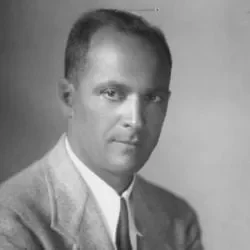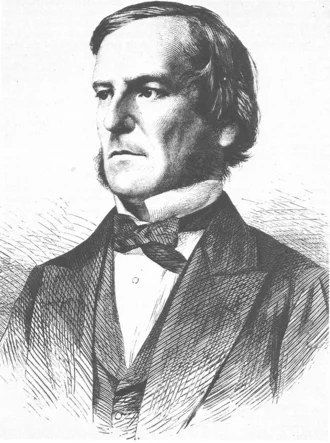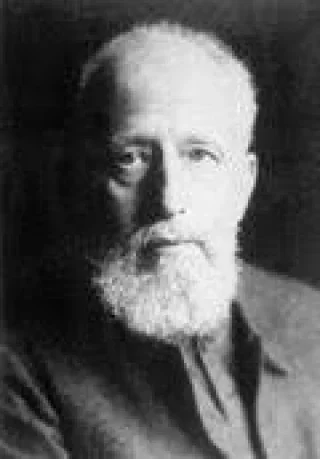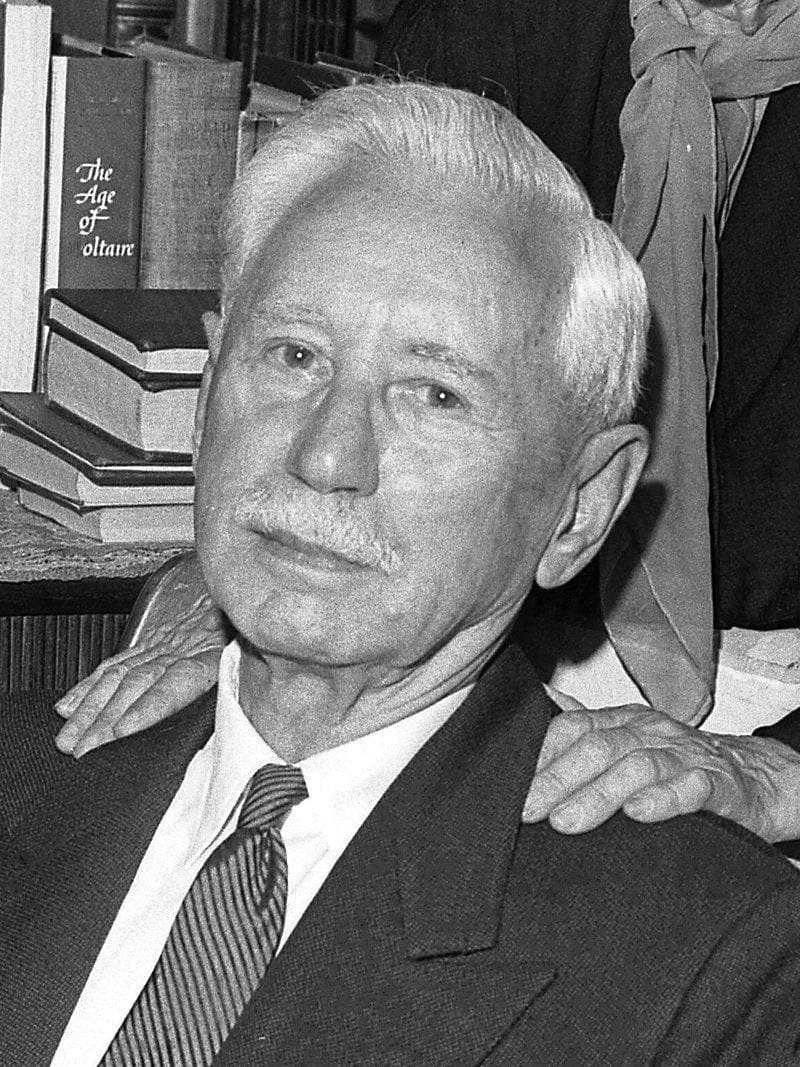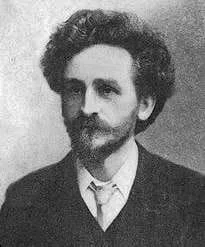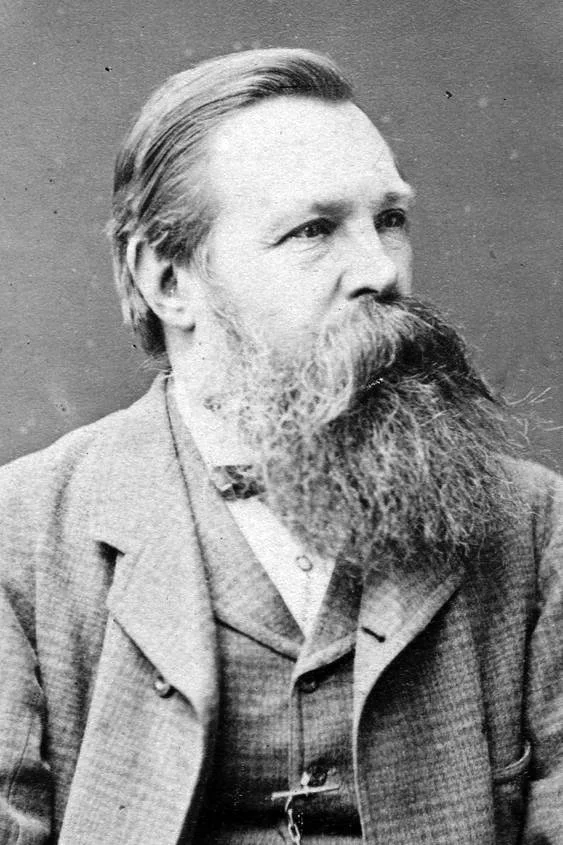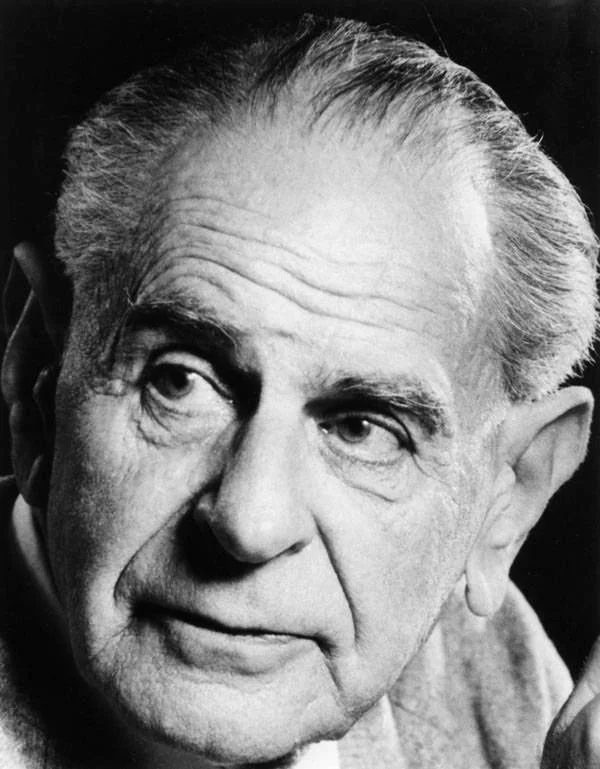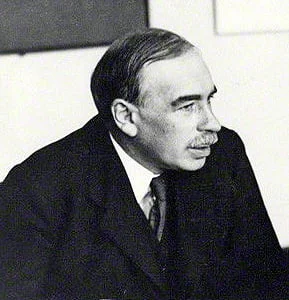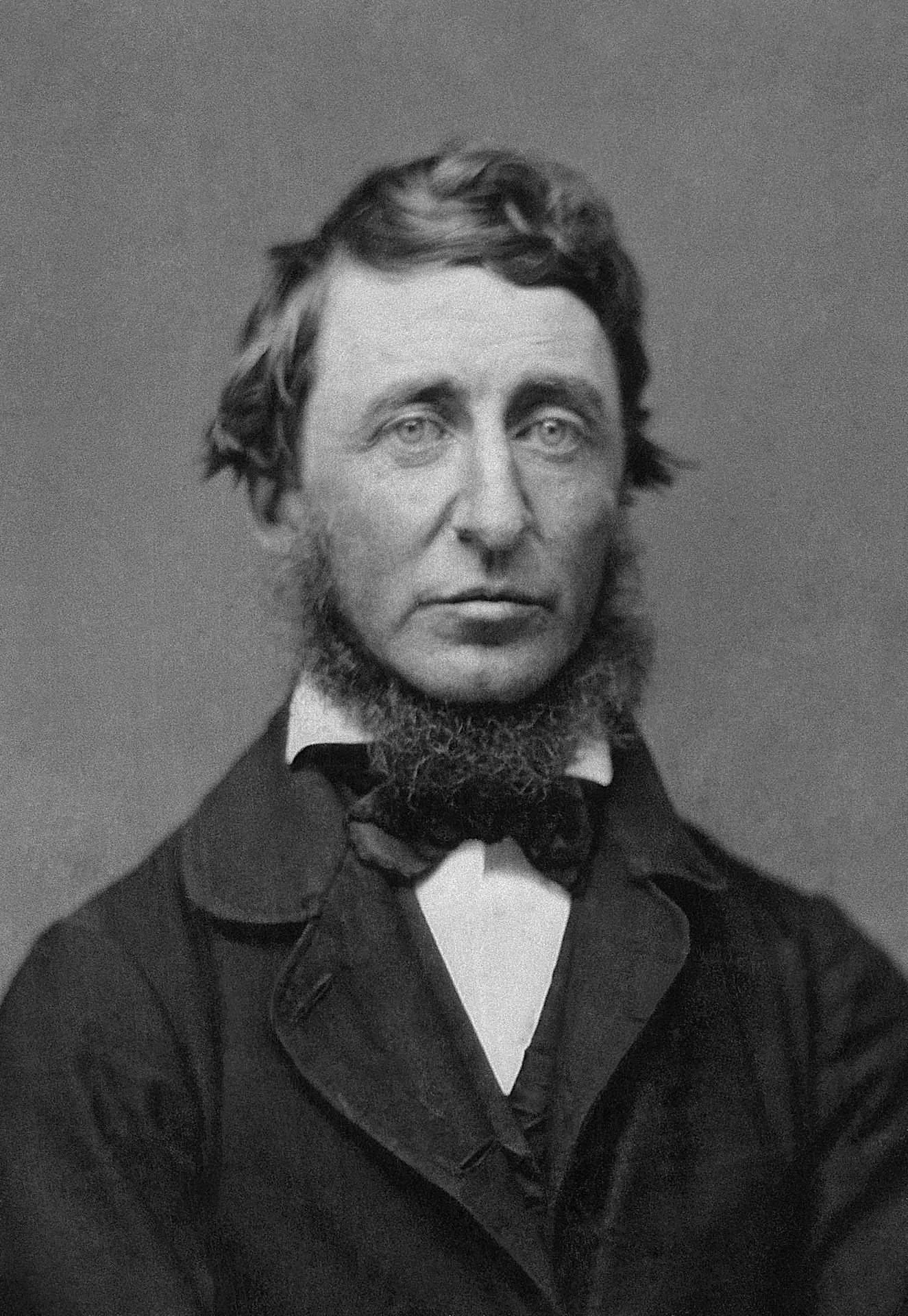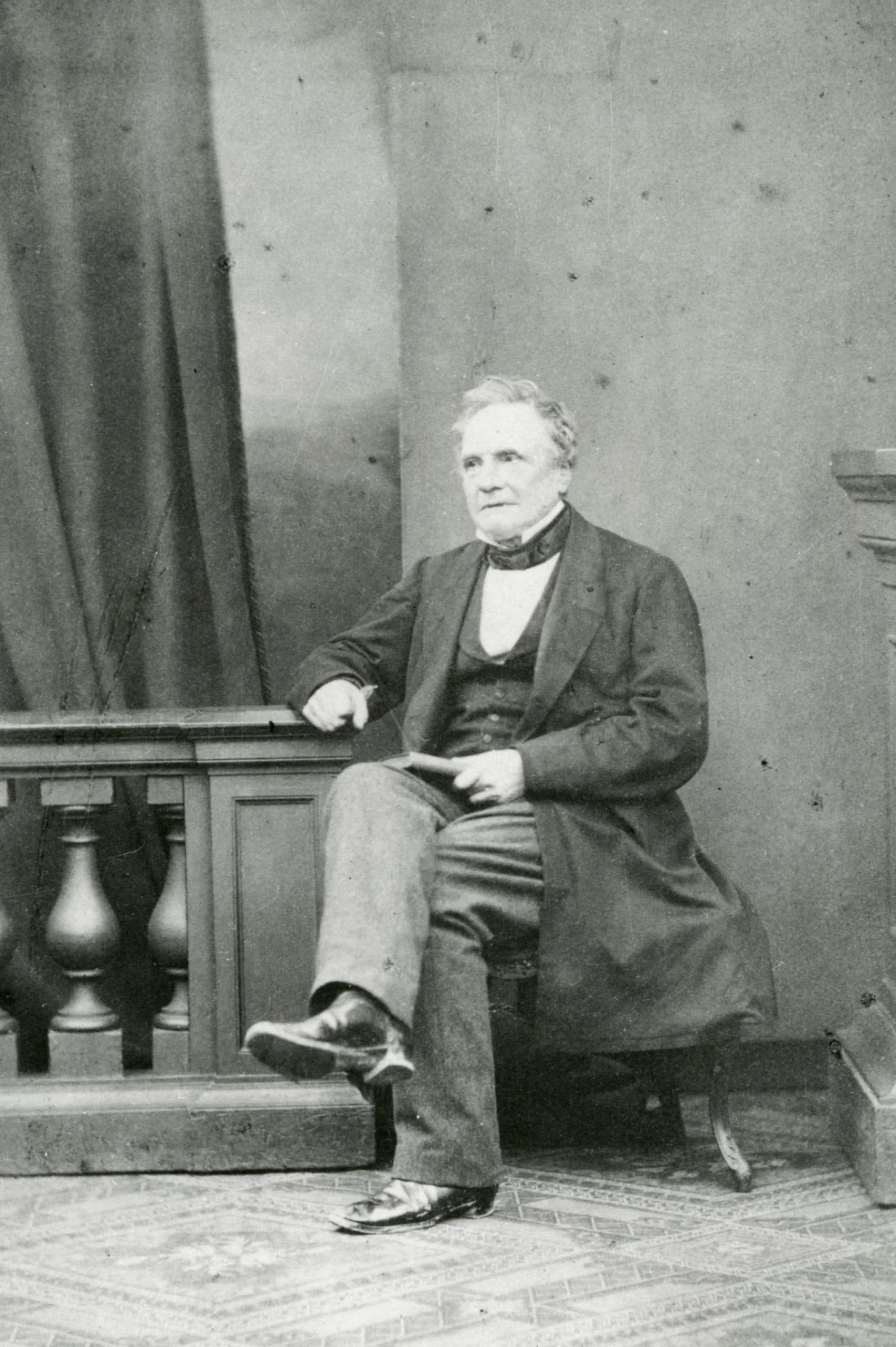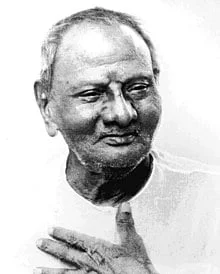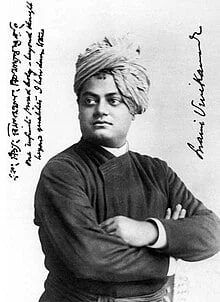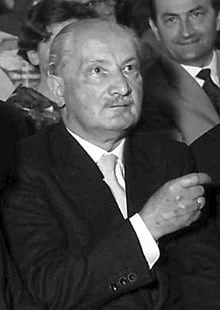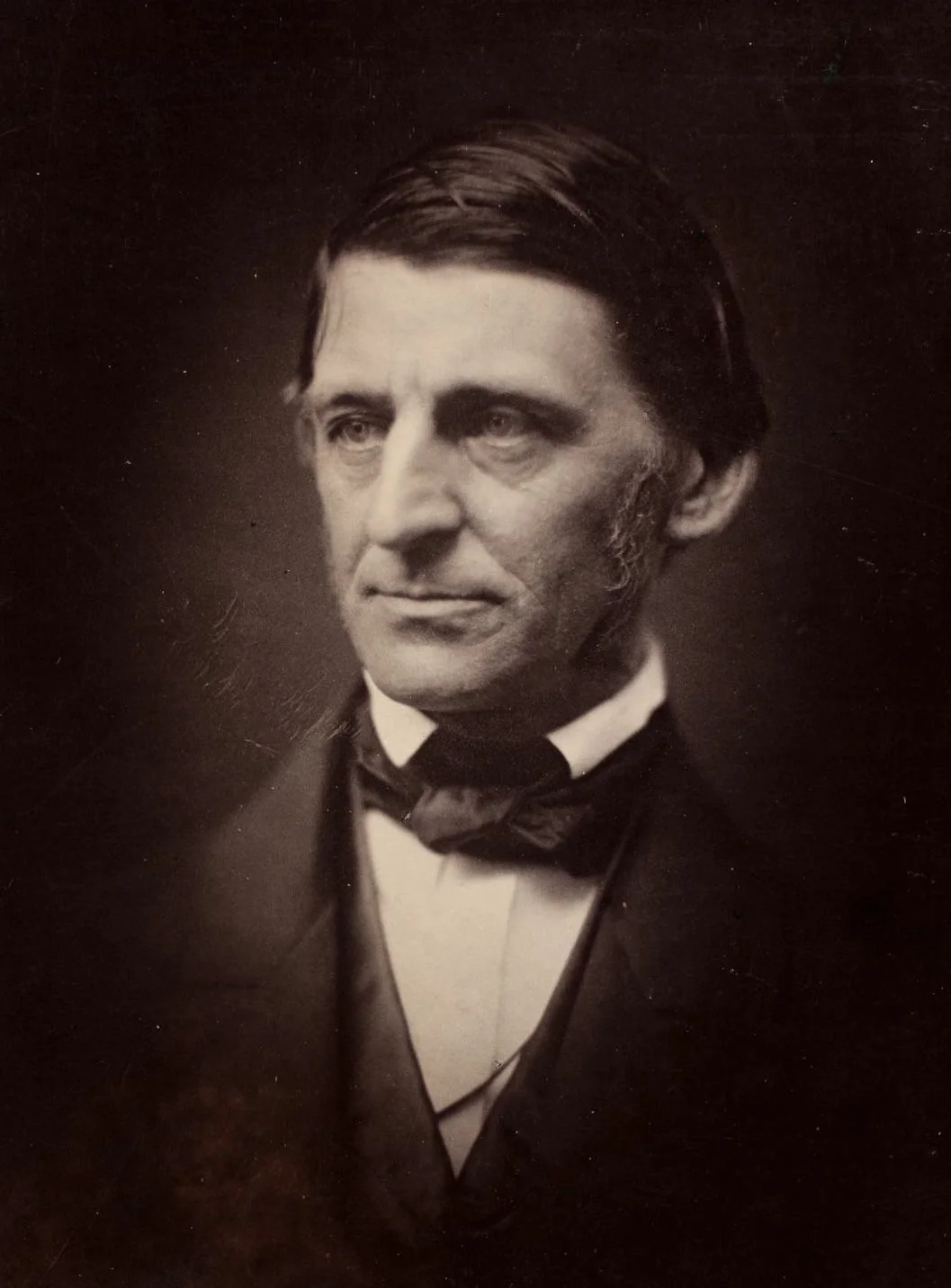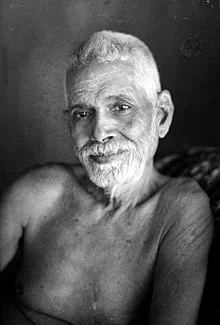Real Celebrities Never Die!
OR
Search For Past Celebrities Whose Birthday You Share
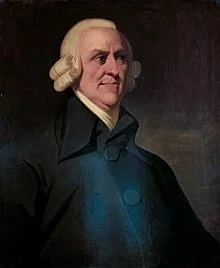
source:wikimedia.org
Adam Smith
Birthday:
05 Jun, 1723
Date of Death:
17 Jul, 1790
Cause of death:
Unknown
Nationality:
Scottish
Famous As:
Economist
Age at the time of death:
67
Adam Smith's Quote's
Adam Smith -Early Life
Adam Smith was a prominent Scottish philosopher and economist who lived from 1723 to 1790. He is best known for his book “The Wealth of Nations,” which is considered to be one of the most influential works in the field of economics. He was born in Kirkcaldy, Scotland, on June 5, 1723. His father, also named Adam Smith, was a lawyer and civil servant who died just two months before his son’s birth. His mother, Margaret Douglas, raised him and his two siblings. Smith attended the University of Glasgow, where he studied philosophy, mathematics, and economics.
Teaching Career
After graduating from the University of Glasgow, Smith went on to teach at the same institution. He was appointed the Chair of Logic in 1751 and later became the Chair of Moral Philosophy in 1752. He lectured on a wide range of topics, including ethics, jurisprudence, and political economy. His teaching career lasted for 13 years, during which he gained a reputation as an excellent lecturer and scholar.
“The Theory of Moral Sentiments”
In 1759, Smith published his first major work, “The Theory of Moral Sentiments.” The book explores the nature of human morality and argues that moral behavior is based on sympathy and the desire to be praised by others. The book was a critical success and established Smith as a leading thinker in the field of moral philosophy.
“The Wealth of Nations”
In 1776, Smith published his most famous work, “The Wealth of Nations.” The book is considered to be the first modern work of economics and lays out the principles of free-market capitalism. Smith argues that the pursuit of self-interest in a free market leads to economic growth and prosperity for all. He also introduces the concept of the “invisible hand,” which suggests that the market will naturally regulate itself without government intervention.
Adam Smith – Other Writings
In addition to his major works, Smith wrote numerous essays and articles on a variety of subjects. He was particularly interested in history and wrote several works on the subject, including “The History of Astronomy” and “Lectures on Rhetoric and Belles Lettres.” He also wrote extensively on politics, advocating for a system of representative government and criticizing the abuses of power by monarchies.
Adam Smith – Final Years and Legacy
Smith retired from teaching in 1766 and spent the rest of his life writing and traveling. He never married and had few close friends, but he was a respected member of the intellectual community. He died on July 17, 1790, at the age of 67.
Smith’s legacy has been enormous. “The Wealth of Nations” has been translated into dozens of languages and is still widely read today. Smith’s ideas have influenced generations of economists and politicians, and his vision of free-market capitalism has been adopted by many countries around the world. He is often referred to as the “father of economics” and remains one of the most important figures in the history of economic thought.
Adam Smith was a prolific philosopher and economist who made significant contributions to our understanding of morality, economics, and politics. His ideas have had a profound impact on the world and continue to shape our understanding of how markets and societies function.
Name:
Adam Smith
Popular Name:
Adam Smith
Gender:
Male
Cause of Death:
Unknown
Spouse:
Place of Birth:
Kirkcaldy, Fife, Scotland
Place of Death:
Edinburgh, Scotland
Occupation / Profession:
Personality Type
Architect: Imaginative and strategic thinkers, with a plan for everything. His writing show his planning ability and systematic thinking capability.
He is known as the father of modern economics
In 2007, the Bank of England placed Smith's image on the £20 note
Smith entered university aged 14
Adam Smith is considered the father of modern economics
Adam Smith’s 1776 book, “The Wealth of Nations.” were studied by modern philosophers, writers, and economists.

